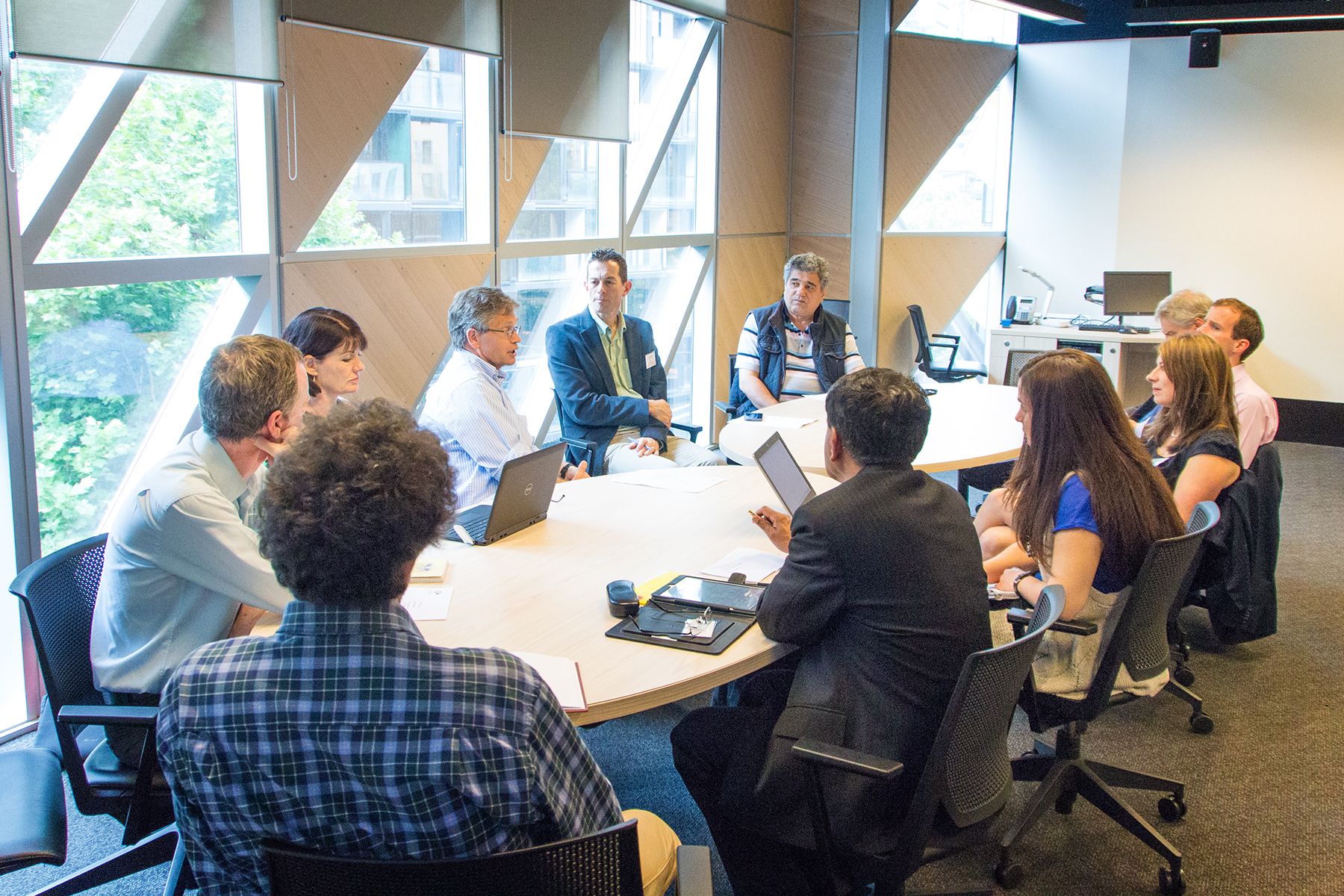
Research areas
We focus on analytics that offer huge potential to transform the efficiency and productivity of industries such as health, logistics, urban development, transport, environment and security.
We focus on analytics that offer huge potential to transform the efficiency and productivity of industries such as health, logistics, urban development, transport, environment and security.



